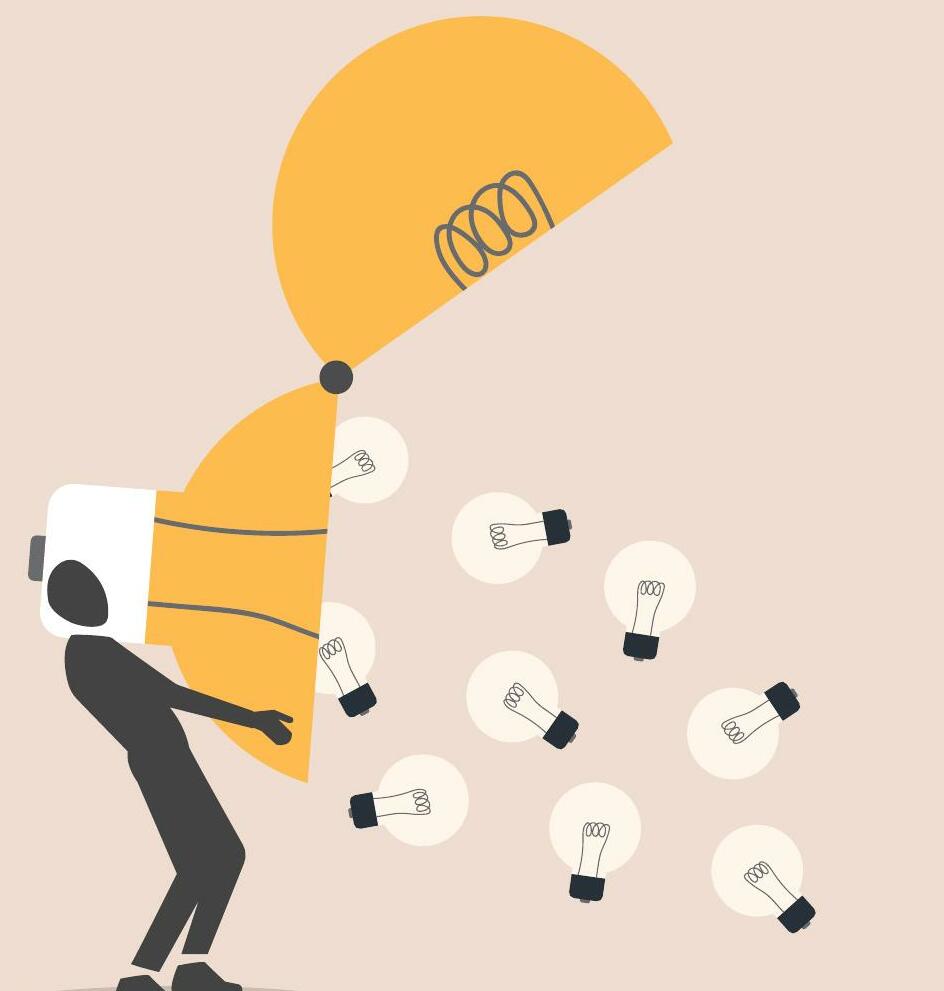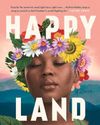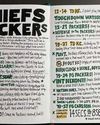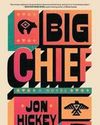Literary Legacy

Tom Clancy's Jack Ryan. Robert Ludlum's Jason Bourne. Vince Flynn's Mitch Rapp. Once in a magical while, along comes a character who is so larger-than-life, so universally beloved, he outlives the author who created him. For the next generation of authors tapped to tell more of those stories, this isn't merely a career-changing opportunity: It's a dream come true.
Yet authors who write for literary estates are often misunderstood. Skeptics grumble about publishers “cashing in” on big names after they're gone. More awkwardly, some readers don't realize the original author is no longer living. (Brian Andrews, who's co-authored Jack Ryan novels with Jeffrey Wilson, has had multiple readers approach him at events, gushing, “Mr. Clancy, you're my favorite author.” He's not the only estate writer who's had to break it to a reader gently.)
You might be pleasantly surprised to learn estate novels often have much more to do with honoring the original authors’ wishes—and helping their families pay tribute—than with a third party’s payday. Clancy, for instance, had a big hand in what Jack Ryan’s future would look like, greenlighting his first estate writer, Mark Greaney, when he was still alive. Andrews points out that for every legacy series that begins with an author’s death, there are also authors like Lee Child, who recently tapped his brother Andrew to take over writing Jack Reacher.
Dit verhaal komt uit de May/June 2025 editie van Writer’s Digest.
Start your 7-day Magzter GOLD free trial to access thousands of curated premium stories, and 9,500+ magazines and newspapers.
Al abonnee ? Inloggen
Dit verhaal komt uit de May/June 2025 editie van Writer’s Digest.
Start your 7-day Magzter GOLD free trial to access thousands of curated premium stories, and 9,500+ magazines and newspapers.
Al abonnee? Inloggen

Endless Fields
THE CHALLENGE: Write a drabble—a short story of exactly 100 words—based on the photo prompt below.

Use the Tools of Journalism to Sharpen Your Research Skills
I started college in an art conservatory, but after a string of straight Cs, quickly learned that life wasn't for me. In search of a new calling, I decided I wanted to write novels. But instead of creative writing, I switched my major to journalism.

"Any Resemblance to Real Events ..."
Whether hot off the presses or on the shelves for years, a good book is worth talking about.

The Way We Were
How to use pop culture as an unexpected research vehicle.

Laurie Halse Anderson
Laurie Halse Anderson's newest book didn't start as a middle-grade novel, though that's what it would eventually become.

Comp Authors: Building a True Platform That Actually Sells Books
What are authors like you doing to connect with their audiences and communities? Don't agonize about “platform”—your literary role models already drew the map.

"See" Your Story Take Shape With Visual Note-taking
Creating a sketchnote can provide valuable insights as you brainstorm or organize your story.

The True Subject of Discovery
Whenever I visit the Lac du Flambeau Indian Reservation, I feel like an outsider, and I am in many ways. Yet I will always have an irrevocable connection to the place.

Working Through Personal Change With Personal Essay
For F.A. Battle, the grand-prize winner of the Writer's Digest 5th Annual Personal Essay Awards, writing “Ground Zero” was a way to work through a change within herself—or perhaps truer, to come to terms with who she always was.
